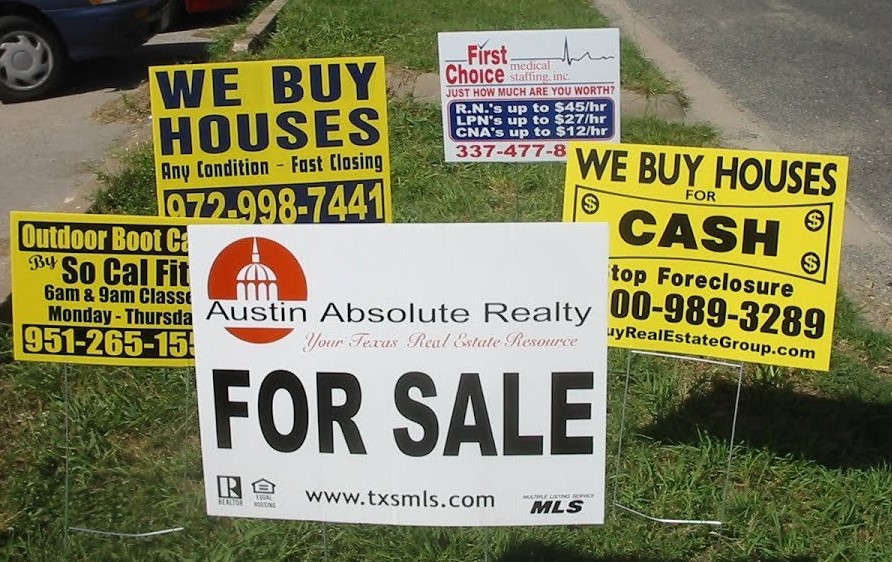Published by Bloomberg | May 25, 2021
Wholesalers have been enabled by pandemic-era low interest rates and a tight housing supply that has created record price appreciation.
States and cities in the U.S. are cracking down on a niche in house-flipping known as wholesaling conducted by a flood of largely unlicensed middlemen lured in by YouTube tutorials and a torrid market.
Bearing fast cash, wholesalers can help distressed homeowners sell quickly, but have been accused of strong-arm tactics and misinformation. Unlike fix-and-flip investors, who take title to homes, renovate them and put them back on the market, wholesalers typically negotiate with homeowners just to put homes under contract and sell those contracts to flippers.
“I don’t buy houses. I solve problems,” said Scott Sekulow, who leads an Atlanta-area congregation of messianic Jews and bills himself as the Flipping Rabbi. He said clients come his way when they’re going through a divorce, can’t afford massive home repairs or run into other trouble. Sekulow said he can get them cash while also beautifying a neighborhood.
Hedge funds are paying top dollar for the contracts, he told a conference of prospective moguls: “When you can get in with them, they’re paying stupid money.”
While the practice is legal when transparent, advocates for the poor say aggressive wholesalers dupe sellers with lowball offers. Illinois, Oklahoma, Arkansas, Kansas and the city of Philadelphia proposed or passed regulations recently after complaints. The latter city acted in the fall after neighborhoods were overrun with “We Buy Houses” signs, and reports that hard-charging wholesalers wouldn’t leave houses without a signed contract.
“In my neighborhood in West Philly, I probably get three postcards a month from one of these guys,” said Michael Froehlich, an attorney with Community Legal Services of Philadelphia. “If you can get leads, you can dupe somebody into signing a contract for far less than fair-market value, and you can make $30,000, $40,000, $50,000 on a house.”
The wholesalers, typically entry-level investors who find off-market homes through cold calls or driving through neighborhoods, have been enabled by pandemic-era low interest rates and tight housing supply that have created record price appreciation.
The U.S. had only a 2.4-month supply of unsold houses in April, near a historic low. Prices make many unprofitable for investors, driving some wholesalers to scour working-class and poor neighborhoods to scare up deals.


